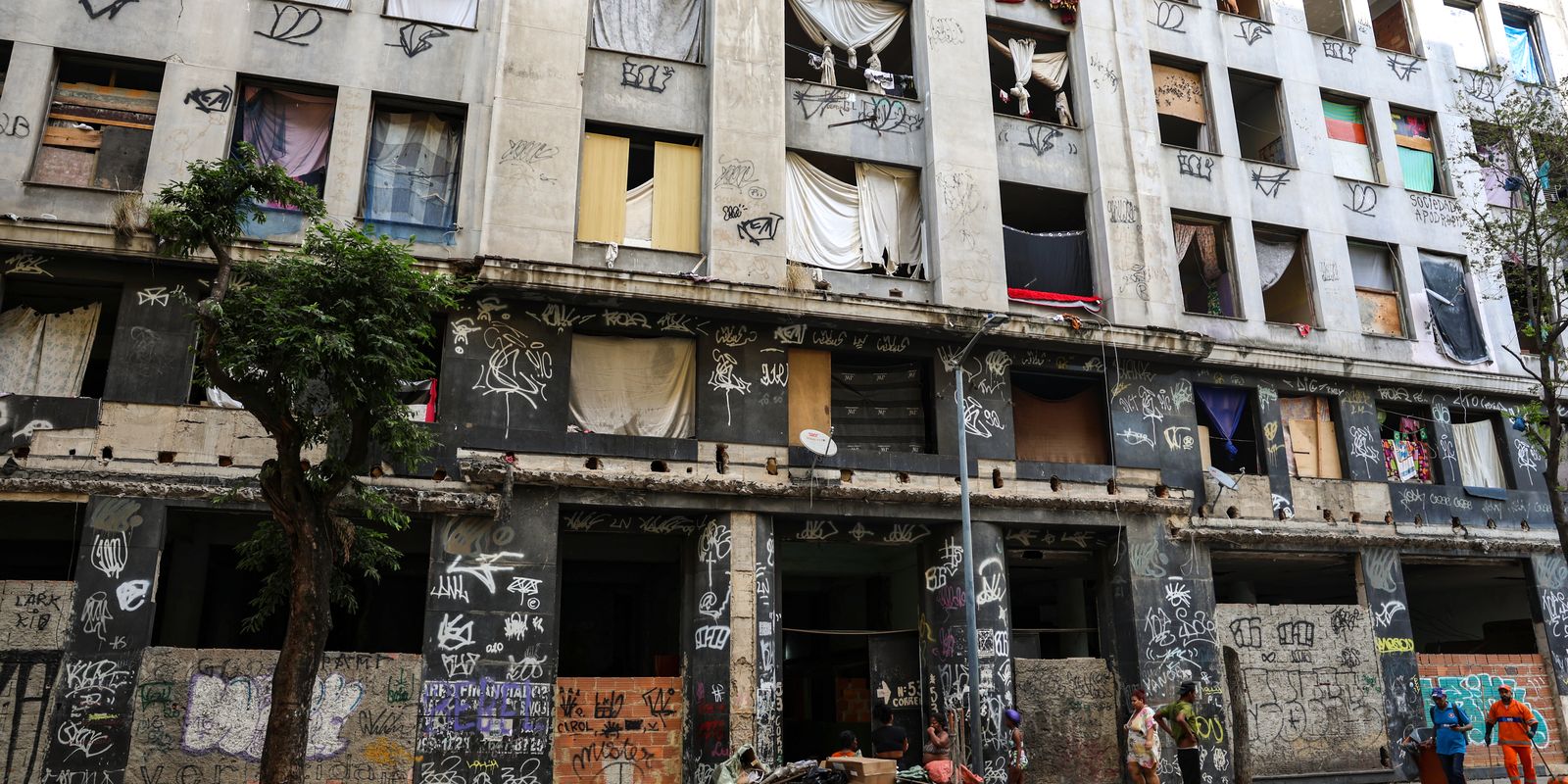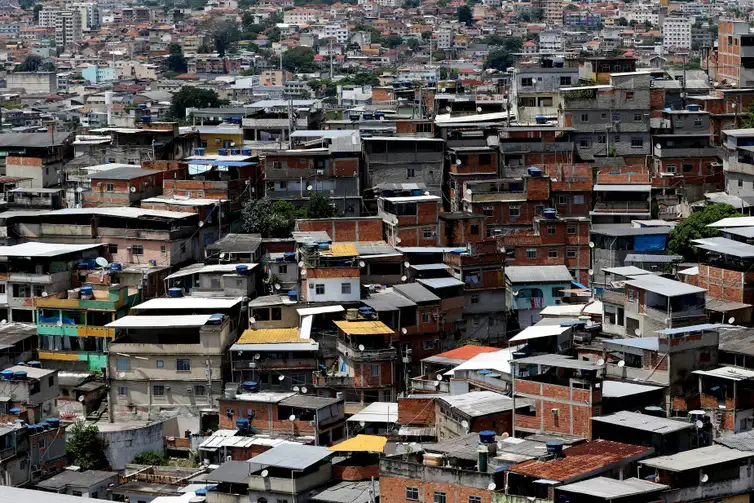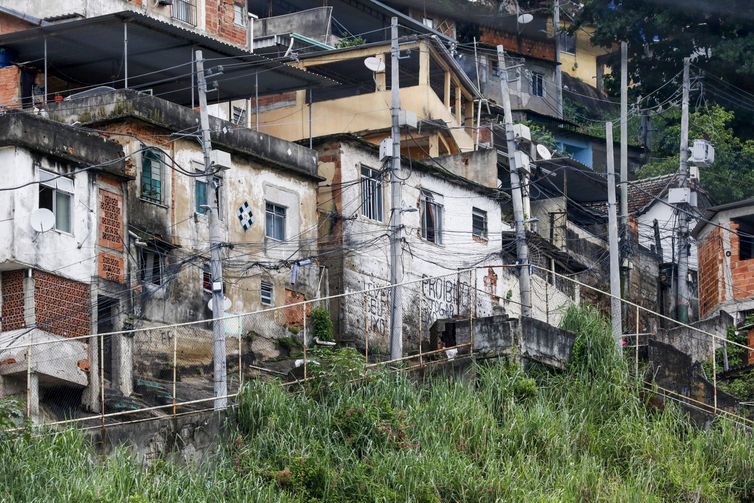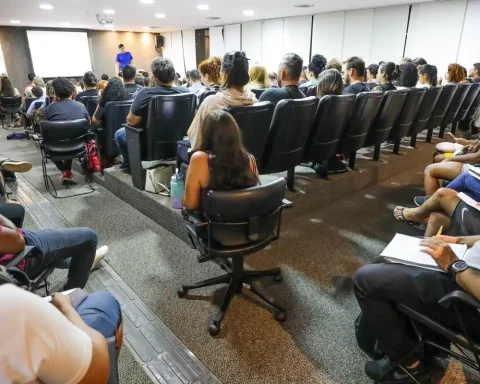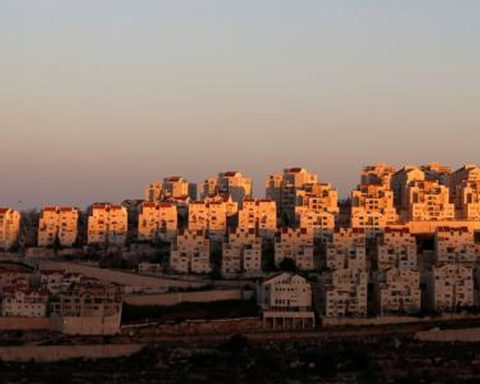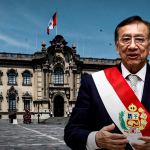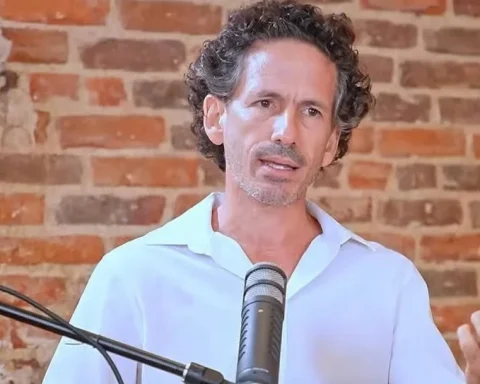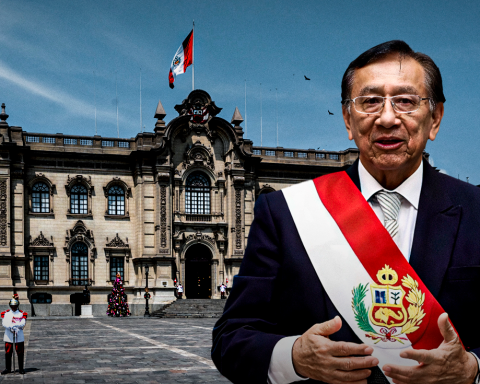On the first Sunday of October (6), more than 155.9 million voters will go to the polls in 5,569 cities to choose mayors and councilors. Elected representatives, whether for the Executive or the municipal Legislative, have important and specific duties related to the right to housing.

To understand the responsibilities of city halls and municipal chambers related to the housing issue, Brazil Agency spoke with urban planning specialist Paula Menezes Salles de Miranda, professor in the Department of Architecture and Urban Planning at the Higher School of Industrial Design (Esdi) at the State University of Rio de Janeiro (Uerj).
Graduated in architecture and urban planning from the Federal University of Rio de Janeiro (UFRJ) with an exchange program at the École National Supérieure d’Architecture de Versailles, in France. Paula Miranda holds a master’s degree in urban planning from UFRJ, where she developed research on housing self-management processes in Rio de Janeiro.
The professor argues that municipal entities should be proactive in seeking the population’s right to housing, with a special focus on the most vulnerable groups in society.
She spoke about the importance of developing master plans (guidelines for how the city should be occupied – approved by councilors), the creation and development of special areas of social interest and the fight against real estate speculation – the practice of buying properties and land with the main expectation of reselling them for a profit, without social use.
Follow the main excerpts of the interview:
Brazil Agency: What is the responsibility of municipal authorities – city halls and city councils – in relation to the right to housing. What actions should these entities propose, guarantee and coordinate?
Paula Menezes de Miranda: The right to housing is a dimension of the right to the city and it is essential that the municipality act to guarantee this right. We need to understand that the right to housing goes beyond the provision of housing; it includes, among other things, quality housing conditions, access to basic sanitation and a quality location with infrastructure, availability of jobs, services, leisure and cultural spaces.
The city government has responsibilities that go towards guaranteeing this right, such as the development and application of urban legislation that promotes access to adequate housing.
The development of a master plan that includes mechanisms to expand access to urbanized land and urban services and a Municipal Housing Plan that includes programs aimed at low-income populations, of different salary ranges, who are vulnerable, including the homeless population.
Based on the Municipal Housing Plan, public policies and housing programs must be promoted aimed at the urbanization of slums, construction of housing complexes, social rent, adaptation of vacant public buildings for social housing, land regularization and technical assistance for housing improvements.
The city government also has the role of coordinating with the state and federal governments to implement state and municipal housing programs in the municipality in question. In addition, it is essential to promote the social participation of the population in municipal decisions.
Brazil Agency: What should master plans (the City Statute requires all municipalities with more than 20,000 inhabitants to have one) take into consideration to guarantee the right to housing?
Paula Menezes de Miranda: The master plans move towards guaranteeing the right to housing by providing for expanded access to urbanized land and urban services, and democratic and participatory management.
Some actions and investments that can contribute to this objective are: 1) definition of areas of Special Social Interest (Aeis); 2) provision of some guidelines such as: allocation of unused or underused public lands and properties, located in areas with infrastructure for social housing; implementation of a social rental program; 3) creation of a social housing fund to raise resources for this purpose; 4) it is possible to create a solidarity quota: projects that exceed the computable construction area must donate built area for social housing; 5) indication for the creation of a Municipal Housing Plan to achieve the guidelines provided for in the master plan.
Brazil Agency: What are Aeis, also known as special zones of social interest (Zeis), and what is their importance?
Paula Menezes de Miranda: The Aeis/Zeis will be defined in the master plan of each municipality, but in general they are demarcated areas in the city where favelas or urban communities are located, in which the municipality may adopt different urban and infrastructure requirements, with the aim of enabling social housing solutions, urban and infrastructure projects, land regularization, environmental recovery, creation of cultural, social, health facilities and local services.
The creation of these areas in city planning can help ensure that residents remain in the area, making it difficult for agents with market interests to appropriate these portions of the territory.
Furthermore, they can move towards ensuring decent housing for people by organizing guidelines to promote improvements in the territory. However, it is important to emphasize that the creation of these areas, in itself, does not guarantee decent housing and security of permanence for residents, requiring coordination with municipal land regularization programs, in addition to programs for implementing urban improvements, infrastructure, new housing and technical assistance for renovations of existing housing.
Brazil Agency: How does land regularization contribute to guaranteeing the right to housing?
Paula Menezes de Miranda: Land regularization, which is regulated by Federal Law 13,465/17, aims to integrate informal urban centers into the legal context of cities. It is carried out based on legal, urban, environmental and social measures and can contribute to the right to housing based on a number of factors.
Upon land regularization, the resident acquires formal title, increasing the legal security of remaining in the location. In addition, it can be a process of improving the quality of life for the local population, as it is necessary to urbanize the area through infrastructure works, offering improvements in housing conditions, environmental issues and public services.
It is important that land regularization is integrated with public policies that limit the growth of the real estate market and the increase in prices in the area, so as not to lead to the expulsion of local residents.
Brazil Agency: How should municipal entities behave in relation to real estate speculation?
Paula Menezes de Miranda: The municipality’s urban planning must direct instruments that contribute to curbing real estate speculation, just as public management must act in the execution of these instruments.
An important point is to allocate municipal land to public and/or collective interests, especially in places that already have infrastructure. Unfortunately, what we see in many cities is the sale of public land to the private sector, contributing to real estate speculation.
Zeis/Aeis, if well applied, can represent a brake on market pressure and gentrification [valorização acentuada de determinada área, que se reflete na saída de moradores antigos]as they make it difficult for private agents to access land in these areas.
The progressive property tax [aumento gradativo da alíquota] over time, it can be an instrument that moves in this direction. The public authority can notify the owner to present a construction project on the land or to occupy an idle building. If the obligation is not fulfilled, progressive IPTU may be charged until compliance.
